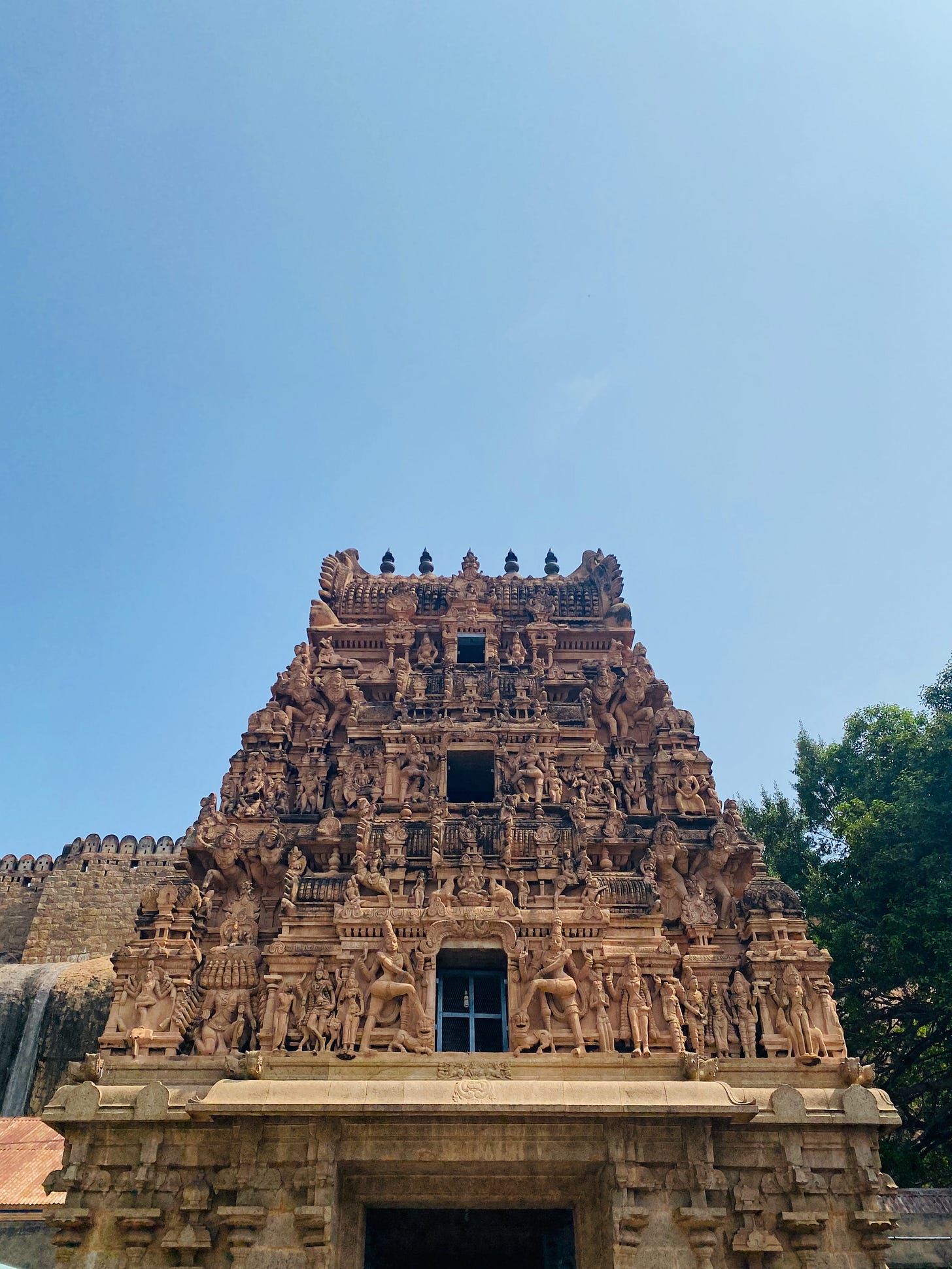🦋 Halt! Who goes there?
We are discussing the stages of Joseph Campbell’s hero’s journey. Campbell proposed a monomyth, a universal story arc called the hero’s journey, that he said was found in myths and stories from cultures around the world. The hero sets forth on an adventure (departure), faces obstacles and trials (initiation), is victorious over them, and returns with boons and gifts to share with the rest of the world (return). The hero’s journey can be an external adventure though it always involves an inner transformative journey. You might be familiar with books or movies that use this arc (for example, Star Wars). In your life, you might look for parallels where you overcame your fears, the discouragement of others, or external blocks and took steps towards a goal. Maybe you had to learn new skills, take on rivals, and do things that pulled you out of your comfort zone, and regardless of the outcome, engaging with this process changed you forever.
You can read each post as a standalone or part of the hero's journey series.
I had an idea for a novel in the fall of 2017. Though I am an avid reader, I had not thought of writing a book until then. Like many people, I believe I can write one, but my writing repertoire only consists of a few poems, a short story or two, and a decade of writing a personal blog. English is not my first language though it is the language I am most comfortable in. I have graduate degrees, but they are not in creative writing.
But I wanted to write this book, and I got started.
I was disappointed to learn that despite being a lifelong reader, I did not automatically know how to write a book. And for the first few months, I was so busy figuring out technique, style, and structure that I almost didn't notice that I kept postponing the actual writing. When I did write, I labored over the words, and I might've spent months polishing just the first chapter alone.
If writing my book was equivalent to setting off on a hero's journey, I'd just run into my first threshold guardians, procrastination and perfectionism. As if that wasn't enough, the words sounded heavy and burdened. The subject wasn't too grim- my novel is a fantasy-rich, coming-of-age story- so I couldn't understand the heaviness. Maybe I wasn't the writer I thought I could be, and it was time to give up.
“With the personifications of his destiny to guide him, the hero goes forward in his adventure until he comes to the ‘threshold guardian’ at the entrance to the zone of magnified power…. Beyond [the guardian] is darkness, the unknown, and danger…” - Joseph Campbell, The Hero With A Thousand Faces
Halt! Who goes there?
Thresholds1 are often guarded by threshold guardians2. They block your way. They might be actual people (e.g., authority figures like parents, bosses, etc.), or they might be life situations that seem to hinder your progress. They can also be your internal fears, doubts, and self-sabotaging behaviors. Threshold guardians test3 you to see if you are committed to the journey. They are not the villains of your story though they do appear antagonistic.
One of the great examples I have seen of threshold guardians in architecture are on the tall towers found at the entrances to temples in southern India. These towers have hundreds of carved stone figures, gods, goddesses, and threshold guardian figures (dvarapalas4), among others. You can see from the photograph below how well the threshold guardian figures portray the Halt! Who goes there? function. The towers are truly majestic and awe-inspiring, and they seem to emphasize our puniness in contrast to the great mysteries within.
Where in your life have you experienced threshold guardian figures or energies? How did you deal with them?
In my case, I kept writing because I didn’t know what else to do, and eventually, the heaviness corrected itself. It felt as though the words, and the story, had escaped and were liberated from my expectations, and probably, even that of others. As though the story now had permission to be itself, and not just a vehicle for personal angst. And the characters took on lives and peculiarities of their own. It took me longer to identify the procrastination. As for the perfectionism, it’s one threshold guardian I have to get past every time I sit down to write.
There are two things here- one, that the initial, belabored, trying-too-little or too-hard, heavy, full of mistakes, or similar phase(s) is part of the learning process in any field of work or study, or even, just life in general. It is a necessary part of the process. And two, persevering past our threshold guardians is key.
Joseph Campbell, The Hero With A Thousand Faces
Christopher Vogler, The Writer's Journey: Mythic Structure for Writers
The word dvarapalas means door guardians. There is a whole field dedicated to studying the symbolism and iconography of Indian temples and, if you are interested, a great book to get started on is: Iconography of the Door Guardians of South India: Dvārapālas by M. Kumari.




The guardians in the temples may be there to deny the entrance for procrastination, perfectionism, internal fears, doubts, and self-sabotaging behaviors, etc. So you can reach your destination, the divinity.
Great piece Priya.
I had no idea English wasn’t your first language - you write so well that I never would of guessed.
I really enjoy the way you make our perfectionism, procrastination, and self-doubt more real by connecting them to the idea of threshold guardians. I think it’s good to put a face to the foe you want to overcome - and your piece does that well.